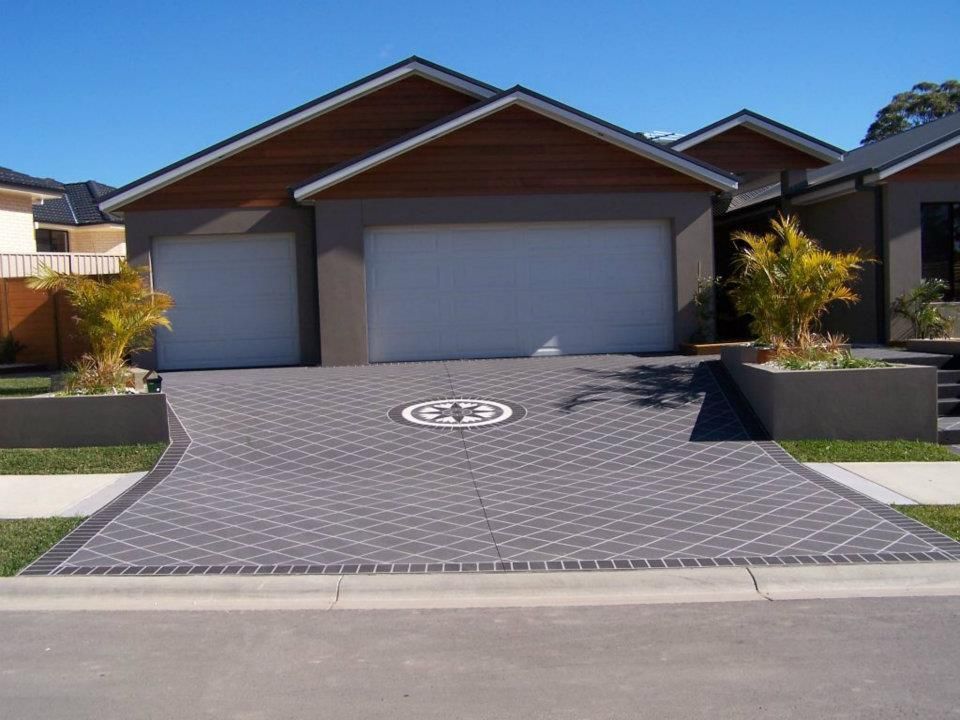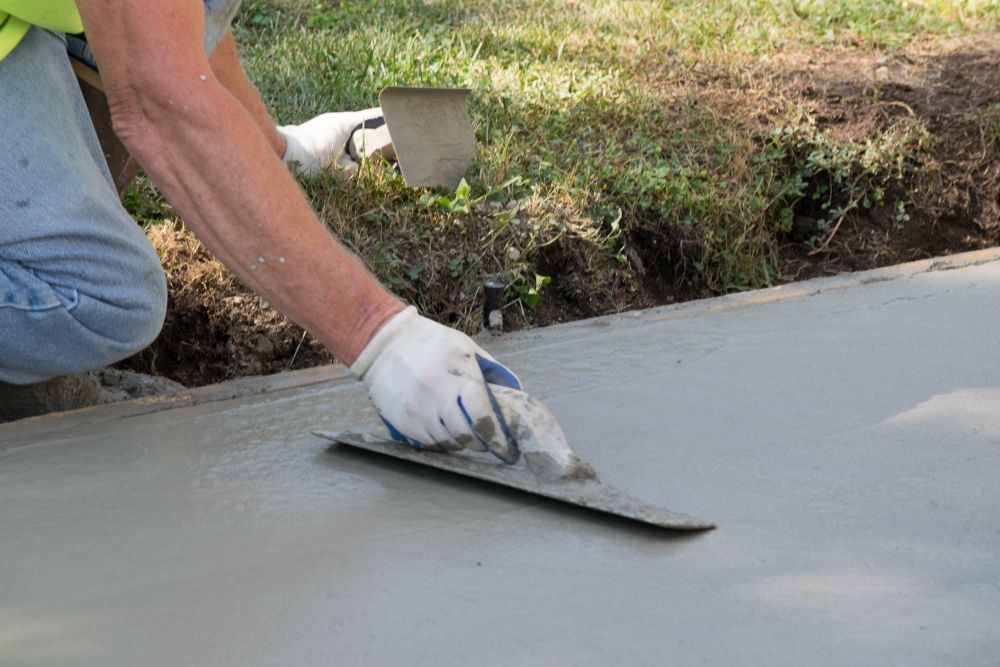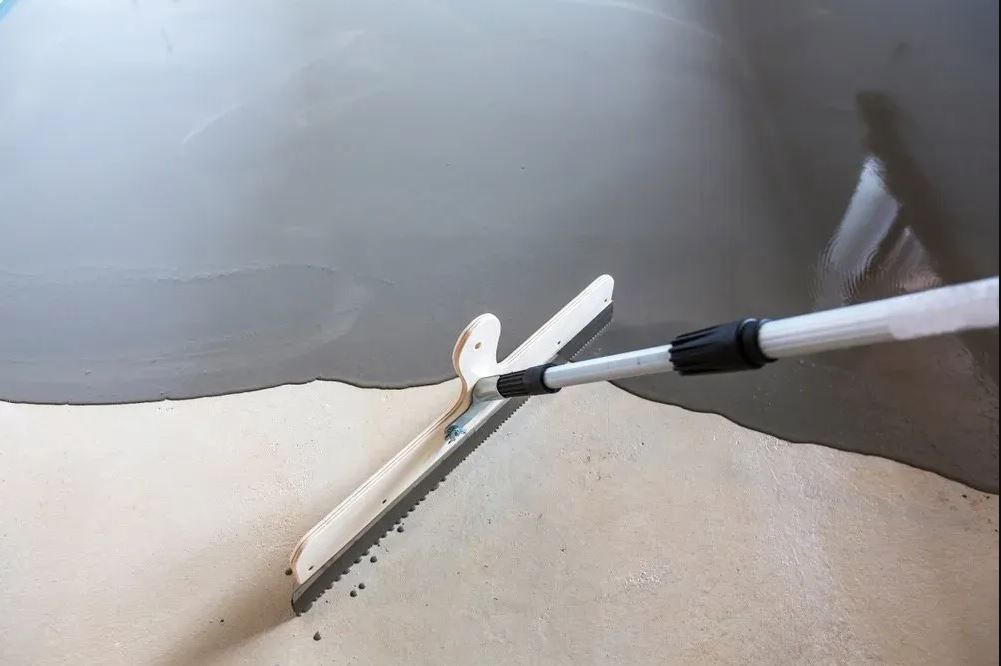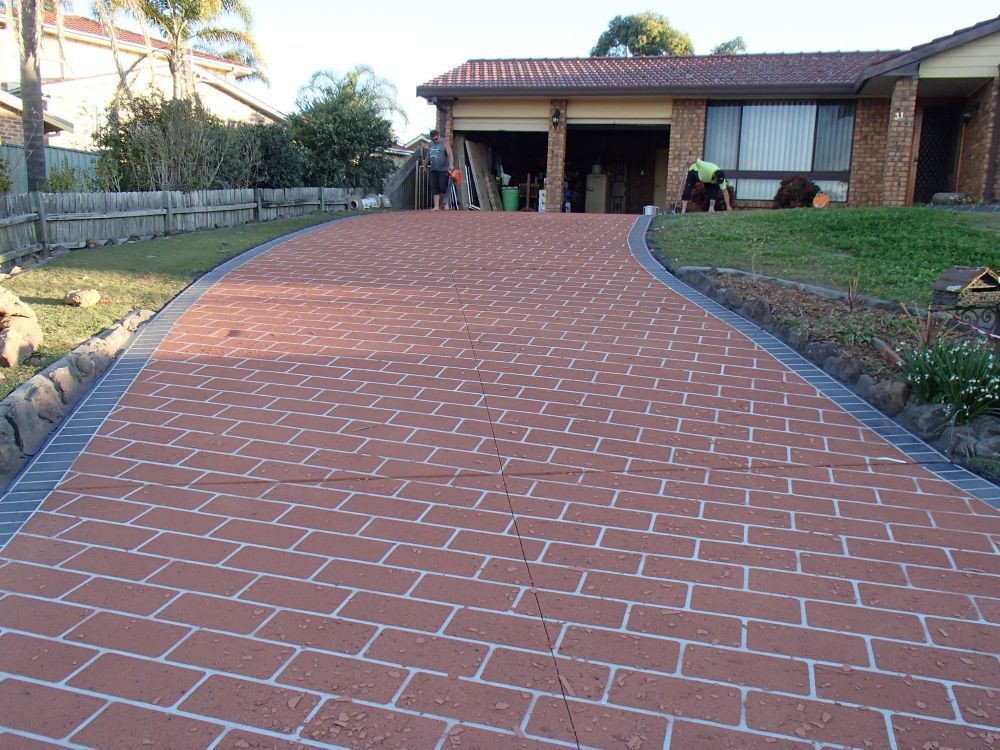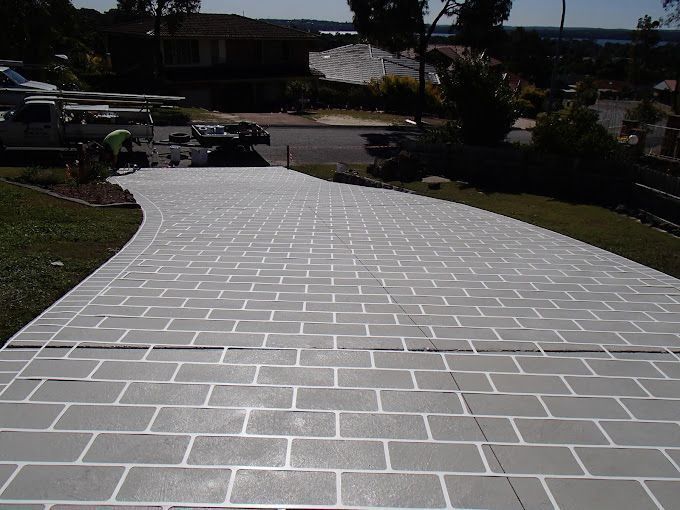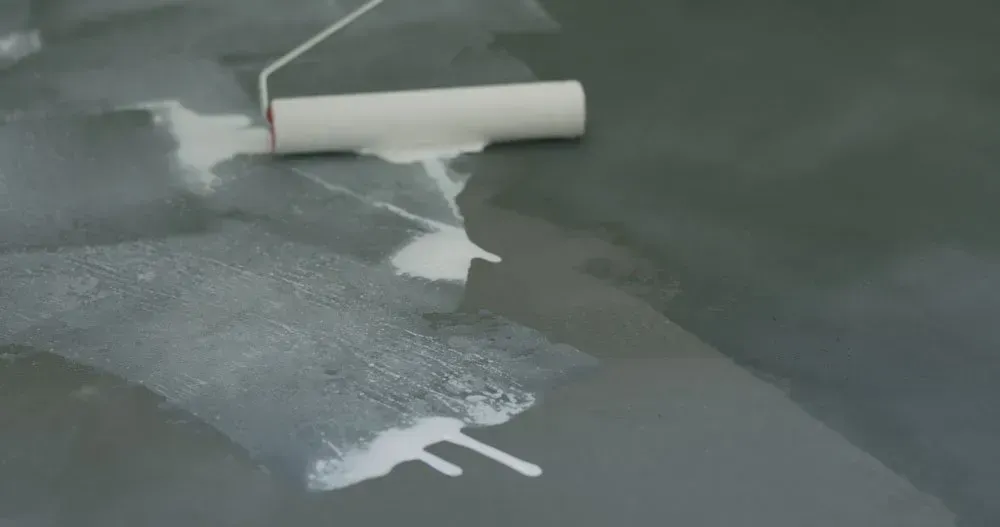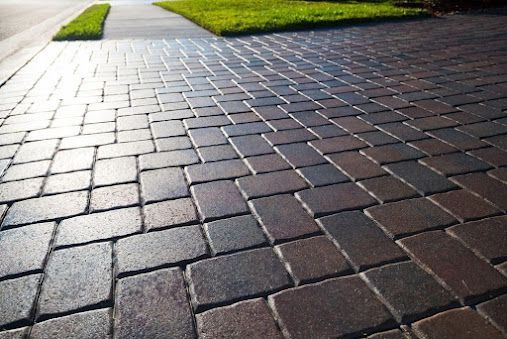The Role of Sealers in Preventing Cracks in Concrete
Concrete is often chosen for its strength and longevity, but it is not immune to damage like any building material. Over time, exposure to moisture, weather extremes, and everyday wear can cause cracks to form. These cracks not only affect the appearance of surfaces but also compromise structural integrity if left untreated.
A sealer is one of the most effective ways to extend concrete life. Acting as a protective barrier,
concrete sealers in Newcastle safeguard against water penetration, stains, and surface wear, significantly reducing the risk of cracks developing. By understanding how sealers work, the different types available, and the importance of timely application, contractors, builders, and homeowners can protect their investment and avoid costly repairs.
How Sealers Protect Concrete from Cracks
Concrete is porous by nature, which means it readily absorbs water. This moisture can expand and contract with changes in temperature, particularly during freeze-thaw cycles, causing stress within the surface that leads to cracking.
Applying a sealer addresses this vulnerability in several ways:
- A sealer penetrates or coats the surface, blocking water from entering the pores of the concrete.
- By limiting water penetration, sealers reduce the expansion and contraction that cause surface fractures.
- Sealers also prevent damage from salts, oils, and chemicals that can break down concrete over time.
In simple terms, a sealer acts like a protective raincoat for concrete. Without it, even strong surfaces can deteriorate much faster under the stress of daily exposure.
The Different Types of Concrete Sealers
Not all sealers are the same. Choosing the right one depends on where the concrete is located, the look you want to achieve, and the type of protection required.
Penetrating Sealers
These soak into the surface, creating a barrier beneath the surface that repels water and salts. They are especially effective in outdoor areas where concrete is exposed to the elements. Because they don’t alter the appearance of concrete, they are ideal for driveways, footpaths, and patios.
Acrylic Sealers
Acrylics form a thin film over the surface, enhancing colour and providing a glossy or matte finish. They are popular for decorative concrete, such as stamped or coloured surfaces. They also offer UV protection, which helps maintain the vibrancy of outdoor concrete finishes.
Epoxy Sealers
Epoxy sealers are known for their durability and strong protective qualities. They create a thick, hard surface layer, making them suitable for garage floors, workshops, and industrial areas where heavy wear is common. While they provide excellent strength, they are typically not recommended for outdoor use in hot climates as they can discolour under prolonged sun exposure.
By understanding these options, contractors and DIY renovators can select the most appropriate
concrete sealer for their specific project.
Why Sealing is Especially Important in Newcastle
Newcastle’s climate plays a significant role in concrete performance. Concrete surfaces face multiple stressors with hot summers, occasional heavy rainfall, and coastal exposure in some areas. Moisture penetration can be particularly problematic, as sudden weather changes intensify the expansion and contraction cycle that causes cracks.
Sealing concrete helps address these issues by reducing water absorption, resisting salt damage, and protecting against the harsh effects of UV rays. For homeowners near the coast, penetrating sealers are especially beneficial as they protect against saltwater erosion.
The Cost Benefits of Sealing vs Repairing Cracked Concrete
Repairing cracked concrete can be time-consuming and expensive, often requiring grinding, patching, or even slab replacement. Sealing, on the other hand, is relatively affordable and proactive.
Consider the long-term financial impact:
- Resealing every few years prevents small issues from turning into major structural repairs.
- Surfaces such as driveways and outdoor entertainment areas maintain their appearance and value for longer.
- Contractors can assure clients that investing in sealing today saves significant costs on repair jobs down the line.
In short, sealing is not just about protecting concrete—it’s about protecting your budget.
When & How Often Should Concrete Be Sealed?
The timing of sealing is just as important as the type of sealer used. Freshly laid concrete should cure fully before sealing, usually for around 28 days. This allows the material to reach its full strength.
As a general guideline:
- Depending on use and exposure, most concrete surfaces should be resealed every two to five years.
- High-traffic areas like driveways may require sealing more frequently, particularly if exposed to vehicles and oils.
- Decorative or coloured concrete benefits from more regular sealing to maintain vibrancy.
Regular inspections can help identify early signs of wear—such as fading or increased water absorption—that indicate it’s time to reseal.
Practical Tips for Successful Sealing
For those considering applying concrete sealers in Newcastle, a few practical steps can make all the difference:
- Always ensure the surface is clean and dry before sealing. Dirt, oil, and moisture can prevent the sealer from bonding correctly.
- Apply the sealer evenly, using a sprayer, roller, or brush, to avoid streaks and ensure full coverage.
- Follow the manufacturer’s instructions carefully, particularly regarding drying times and reapplication.
- Avoid sealing in extreme heat or during wet weather, as this can affect the product's performance.
By following these steps, contractors and homeowners can maximise the effectiveness of the sealer and extend the life of their concrete surfaces.
Real-World Examples of Sealed Concrete
Across Newcastle, countless driveways, patios, and commercial floors demonstrate the benefits of sealing. Driveways sealed shortly after installation resist oil stains and cracking far better than those left untreated. Outdoor dining areas with decorative concrete maintain their colour and finish despite constant foot traffic and exposure to rain. Even industrial spaces that use epoxy sealers have shown remarkable resilience against heavy equipment wear.
These examples highlight how sealers provide protection and confidence that concrete will perform well under different conditions.
Protect Your Concrete with Us
At
Concrete Colour Solutions, we provide high-quality
concrete sealers in Newcastle that are designed to protect and extend the life of your surfaces. From driveways and patios to workshops and commercial floors, our products deliver proven results in guarding against cracks, moisture, and daily wear.
Let’s help you keep your concrete strong, attractive, and long-lasting.

